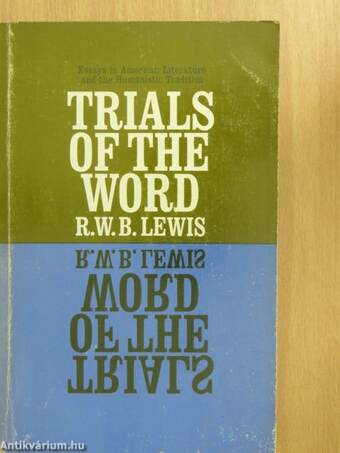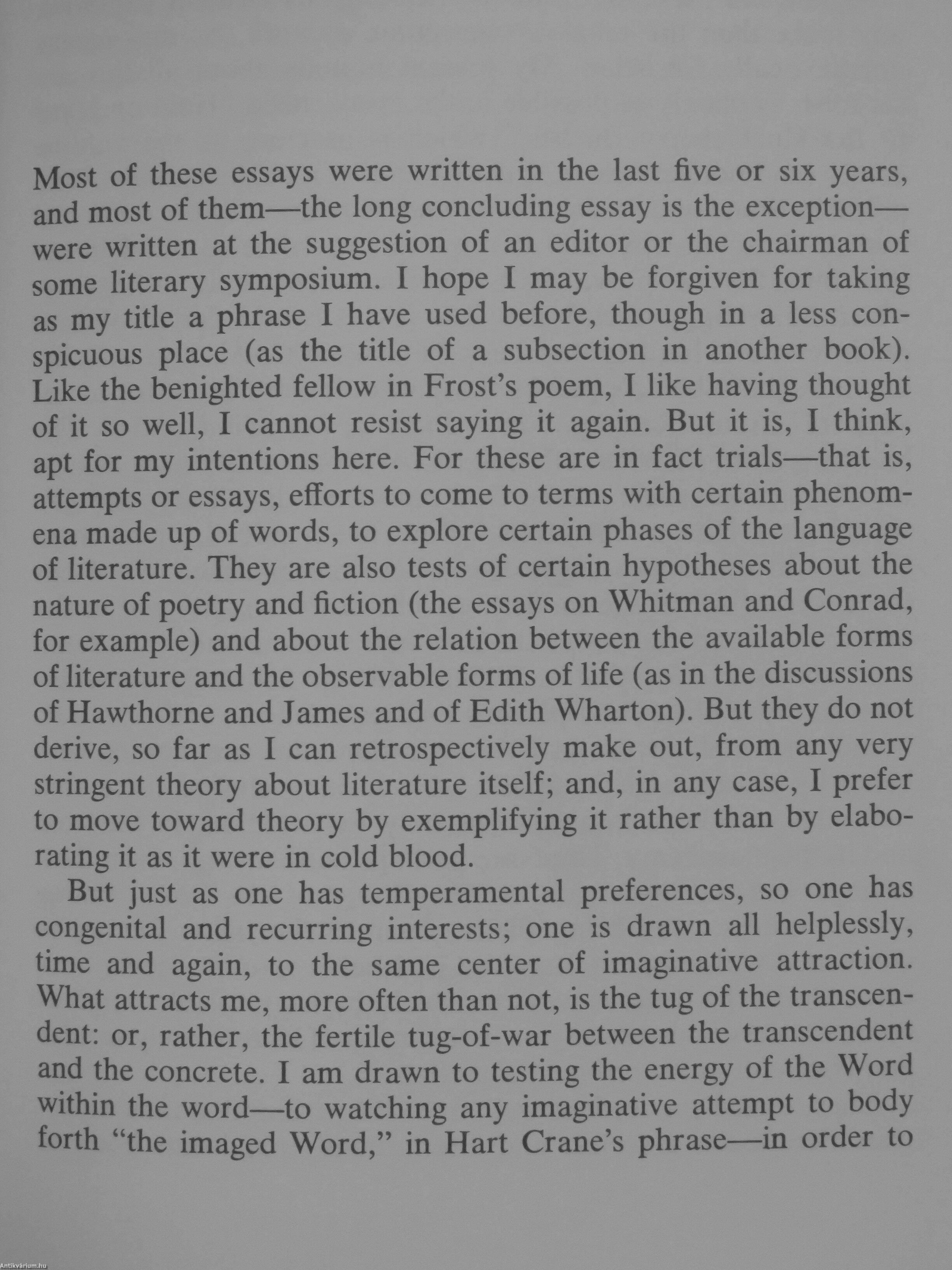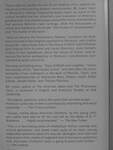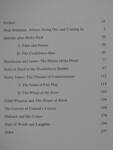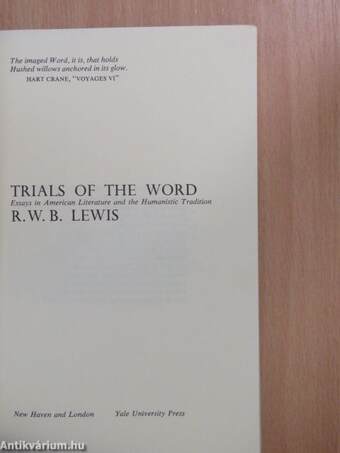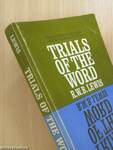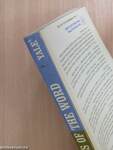1.068.962
kiadvánnyal nyújtjuk Magyarország legnagyobb antikvár könyv-kínálatát

VISSZA
A TETEJÉRE
JAVASLATOKÉszre-
vételek
Trials of the Word
Essays in American Literature and the Humanistic Tradition
| Kiadó: | Yale University Press |
|---|---|
| Kiadás helye: | New Haven-London |
| Kiadás éve: | |
| Kötés típusa: | Ragasztott papírkötés |
| Oldalszám: | 239 oldal |
| Sorozatcím: | Yale-Literature |
| Kötetszám: | Y187 |
| Nyelv: | Angol |
| Méret: | 20 cm x 13 cm |
| ISBN: | |
naponta értesítjük a beérkező friss
kiadványokról
naponta értesítjük a beérkező friss
kiadványokról
Előszó
TovábbFülszöveg
These vigorous studies by one of our leading critics explore the literature of the evolving modern consciousness. Mr. Lewis' chart of Whitman's lifelong imaginative quest clears up much of the critical muddle that has impaired a just evaluation of America's greatest poet. Two related essays expose the fierce contradictions that animate Melville's later writings, while the discussions of James and Hawthorne illuminate "the theater of consciousness" and "the matter of the heart."
"Hold on Hard to the Huckleberry Bushes" considers the problems involved in the religious approach to literature, and in other essays Mr. Lewis shows how in The House of Mirth Edith Wharton gave original form to moral and social dilemmas, uses Conrad's Victory to test hypotheses about the nature of fiction, and examines the fertile ambiguities in Malraux's simultaneous commitment to action and to art.
The long concluding essay, "Days of Wrath and Laughter," traces the sources of the "apocalyptic vision"... Tovább
Fülszöveg
These vigorous studies by one of our leading critics explore the literature of the evolving modern consciousness. Mr. Lewis' chart of Whitman's lifelong imaginative quest clears up much of the critical muddle that has impaired a just evaluation of America's greatest poet. Two related essays expose the fierce contradictions that animate Melville's later writings, while the discussions of James and Hawthorne illuminate "the theater of consciousness" and "the matter of the heart."
"Hold on Hard to the Huckleberry Bushes" considers the problems involved in the religious approach to literature, and in other essays Mr. Lewis shows how in The House of Mirth Edith Wharton gave original form to moral and social dilemmas, uses Conrad's Victory to test hypotheses about the nature of fiction, and examines the fertile ambiguities in Malraux's simultaneous commitment to action and to art.
The long concluding essay, "Days of Wrath and Laughter," traces the sources of the "apocalyptic vision" and describes the transformation it has undergone in the work of Melville, Twain, and such contemporaries as Nathanael West, Robert Lowell, Ralph Ellison, Joseph Heller, and Thomas Pynchon.
Mr. Lewis, author of The American Adam and The Picaresque Saint, is professor of English and American Studies at Yale University.
"Perceptive, sensitive, and at the same time sensible essays Professor Lewis has written a continuously interesting and easily read book." — The Times (London).
"Essays, mainly about American literature, by the young critic who seems best able to fill the void left by the death of R. P. Blackmur. . . . Highly recommended." — The New Yorker.
"This is a fascinating piece of intellectual history married with critical perception, and shows Lewis quite at his best, raising elaborated questions about the way our ideologies form and how they acquire their modes of judgment and of discourse, questions that, one hopes, Professor Lewis is going to press even further." — The Listener. Vissza
Témakörök
- Idegennyelv > Idegennyelvű könyvek > Angol > Irodalomtörténet
- Irodalomtörténet > Világirodalom > Amerikai irodalom > Észak-amerikai
- Irodalomtörténet > Irodalomtudomány > Tanulmány, tanulmánykötet
- Irodalomtörténet > Irodalomtudomány > Korszakok > 19. századi
- Irodalomtörténet > Irodalomtudomány > Korszakok > 20. századi
- Irodalomtörténet > Irodalomelmélet > Irodalomkritika



